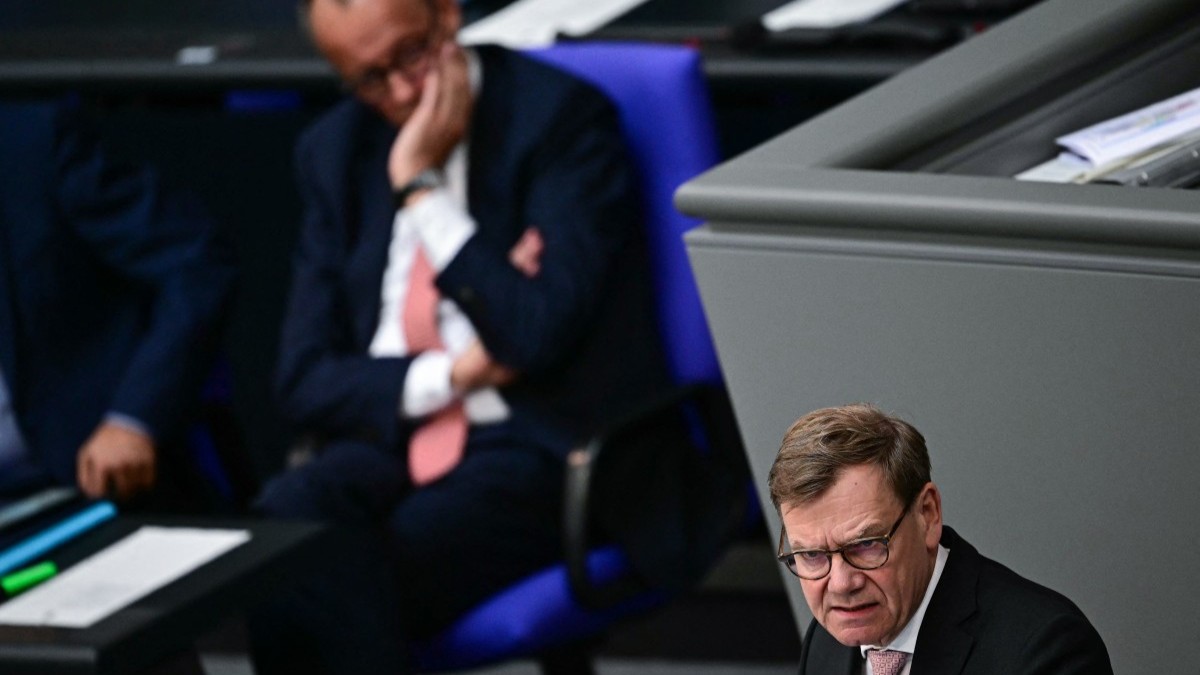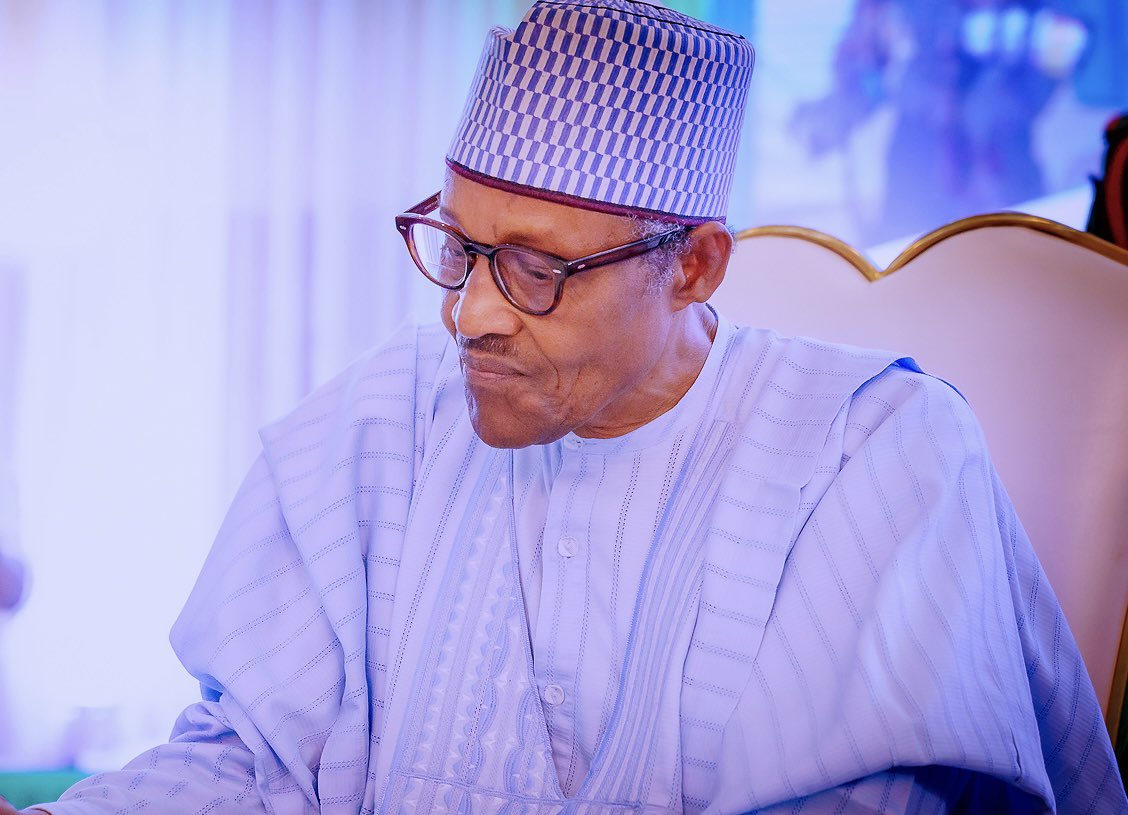The first phone call between Putin and Trump was described as ‘frank’. Putin did it his way, as Frank Sinatra might have said. Say what we like, the Russian leader rejected the proposal for an immediate ceasefire. At the same time, London GPs were sending out text messages asking if people had served in HM Forces, which of course some misconstrued as the preliminaries of a call-up. The UK was meanwhile continuing to support Ukraine despite Putin saying a ceasefire would never work if foreign military aid and intelligence was still being shared. Nor did it help that the mass shutdown of Heathrow Airport after a fire at a nearby electricity substation aroused additional suspicion, conforming as it did to the hybrid form of war so favoured by Russia in Europe. Despite Counter Terrorism Command on the case, a mistake by an electrical engineer wax suggested.
‘One Trident sub could ‘incinerate 40 Russian cities’: Why Putin should fear Britain’s nuclear arsenal,’ read another London headline. This was just as US, UK and Turkish defence companies were informed they would be excluded from the new figure of €150 billion ($163 billion) in EU defence funding, unless of course they signed defence and security pacts with Brussels. More remarkable perhaps was Trump welcoming the idea of the US—as a former British colony—re-joining the Commonwealth. ‘I Love King Charles,’ he posted on Truth Social: ‘Sounds good to me!’ An affinity unmatched, it should be said, by the number of British subjects reportedly refused entry into the US despite valid visas.
‘So it was these two great leaders coming together for the betterment of mankind,’ rhapsodised US envoy Steve Witkoff about the Trump-Putin confab, ‘and it was honestly a privilege and an honour for me to sit there and listen to that conversation.’ Despite the Times of London reminding readers that Putin had flattered and deceived 5 US presidents, Trump spoke of improved relations, with the two agreeing that negotiations on the 30-day truce should begin ‘immediately’—which our very own wily Sam Kiley of the Independent called ‘an entirely Putin-constructed process.’ Witkoff then confirmed it was Putin who had ordered the Russian military to halt attacks on energy plants in Ukraine, though the actual timing of the Russian hit of the Ukrainian energy infrastructure of Slovyansk in the Donetsk would be disputed by Witkoff. This was before the Special Envoy’s snub of Keir Starmer’s peace efforts in a Tucker Carlson (anti-Zelenskyy, pro-Putin) interview. ‘So bold are Putin’s ceasefire demands,’ came the next London headline, ‘it’s hard to believe he is entirely serious.’
It was considered no surprise therefore that the Russian leader delayed the call with Trump by more than 50 minutes. Had it been Zelenskyy, we have to assume smoke would have billowed from US ears. Then news reached London of the NHL (National Hockey League) saying it would be ‘inappropriate’ to comment on Russia and the US hosting hockey matches together. At least the more punctual Trump and Zelenskyy chat was termed ‘a very good telephone call,’ much of it ‘in order to align both Russia and Ukraine in terms of their requests and needs.’ Trump even offered to help return the missing 35,000 children from occupied areas of Ukraine, though it remained unclear how he would navigate his own recent funding cut to Yale University’s Humanitarian Research Lab which was responsible for the database on the mass abductions.
‘Obviously this is the world descending into worse and worse standards of targeting civilians,’ said the late UK politician Clare Short about Iraq and Gaza. So much for the presently broken ceasefire in Gaza. A tragedy of such epic proportions, it deserves far more than my feeble mention. (‘Life is the farce we all must play,’ wrote Arthur Rimbaud.) There have been so many instances of Israeli–Palestinian ceasefires that even the most persevering of Egyptian, UN or Qatari mediators must want to walk. Recent temporary truces in 2008, 2014, 2021, 2023 were all shattered. Just like the one last week shortly after UK Foreign Secretary David Lammy stated that Israel was breaking international humanitarian law—before being shut down by his own party. Gazan ceasefires are so fragile that Palestinians must know in their hearts they will be followed by renewed tensions or violence.
I’ve mentioned in the past WWI Christmas ceasefires returning to slaughter. While the Korean War Armistice of 1953 between North Korea, China, and the UN Command (mainly South Korea and the US) compares favourably to what we might see one day in Ukraine, the Korean War is still just a ceasefire. As for the 1973 Paris Peace Accords which began as a ceasefire, these did end US military involvement but fighting resumed soon afterwards between North and South Vietnam. There was the 1991 Gulf War in which Coalition forces declared a ceasefire after driving Iraqi forces out of Kuwait. It ended combat operations but tensions remained and eventually led to the 2003 Iraq War. At least in Northern Ireland there was the 1998 Good Friday Agreement between the British and Irish governments, and most Northern Irish political parties, resulting in a political ceasefire that ended decades of sectarian violence. Since 2016 we’ve seen several localised and temporary Syrian Civil War ceasefires brokered by the UN, Russia, and Turkey. The Nagorno-Karabakh ones of 1994, 2020, and 2023 have just been followed by the Swiss Federal Assembly’s National Council and Council of States adopting a resolution titled ‘Peace Forum for Nagorno-Karabakh: The Possibility of Armenian Return.’ In short, ceasefires are everywhere and don’t always last.
Meanwhile, Ukraine launched a massive drone attack near a Russian strategic bomber base. A vast and portentous apocalyptic cloud was filmed rising immediately afterwards into the sky above Engels, home to Russian Tu-95 and Tu-160 nuclear capable heavy strategic bombers. This type of thing would have been at least one good reason why those follow-up discussions in Riyadh—for what were the first parallel negotiations since 2022—included Sergei Beseda, former head of the FSB spy agency’s fifth directorate.
As Russia launched another drone attack on Kyiv this time killing seven people including a five-year-old child, some flights at Heathrow Airport resumed but still with one or two Brits convinced it was sabotage, ignoring the fact cock-ups usually trump conspiracies. It was of course the same week that the death of former KGB colonel turned UK secret agent Oleg Gordievsky was announced, a Russian who influenced far more Cold War policies than Putin before and after he was betrayed by KGB spy Aldrich Ames of the CIA. One of Gordievsky’s MI6 Moscow handlers carried a green Harrods bag and ate a Mars bar in order to confirm Gordievsky’s imminent getaway to him to a UK safe house. Let’s just hope there are no more such shenanigans and nothing but a constructive openness before a nice, long and lasting Easter ceasefire.









